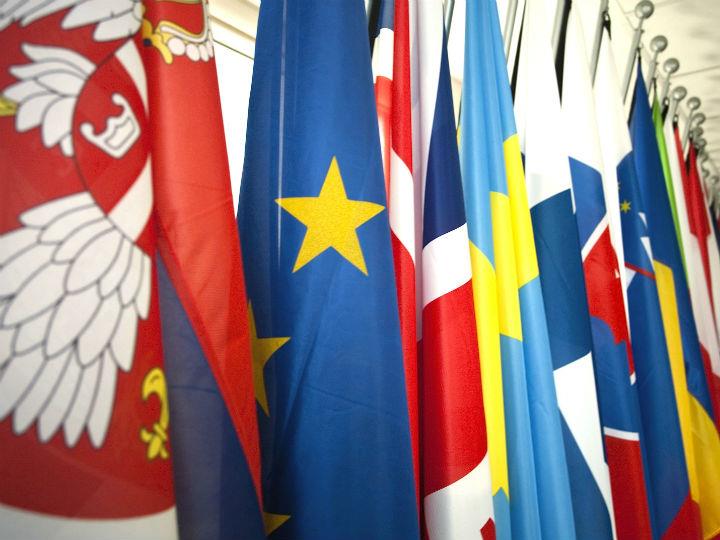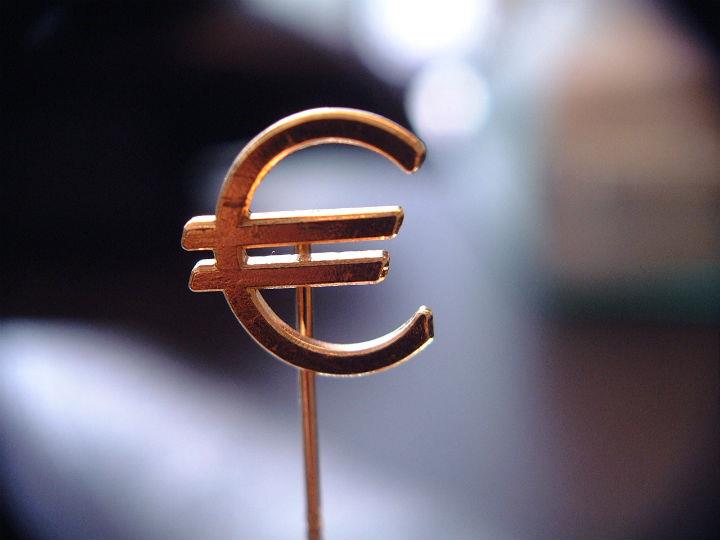by Vladimir Krulj*
Earlier this month the European Commission adopted its annual enlargement package, which includes a communication on EU enlargement policy assessing the current state of the Western Balkans integration within the EU and outlining priorities for future action. There are many reasons why both parties have an interest in advancing such a relationship.
First, the process of European integration is a source of political stability. This is especially important in a region where the memory of the tragic civil war is still very vivid in the minds of its people. Indeed, despite meaningful progress in many fields, the Western Balkans remain in a delicate and uncertain political situation. Populism is on the rise, corruption is rife, nationalism has revived and countries are suffering from democratic deficits. In this situation, an ambitious EU integration agenda provides opportunity for the improvement of the judicial system, an advancement of the rule of law, the democratization of the political system and more credible and transparent government institutions that can benefit both sides. In particular, priority is to be given to effectively taking all concrete measures to tackle the endemic presence of corruption at all levels of governance. Governance should be guided by the core principal of common interest for each citizen and no more by the specific interests of certain groups. The time has come for action to fight against corruption and organised crime. No more promises! Results are expected by civil society.
Second, deeper ties have an economic rationale, as evidence shows that both parties can gain in terms of increased trade. However, Balkan economies are fragile, and the pandemic is further exacerbating the situation. In response to this, the Commission has come up with an unparalleled Economic and Investment Plan for the Balkans – a €9 billion package that will finance sustainable connectivity, the development of human capital, competitiveness, inclusive growth and accelerate the green and digital transition. In exchange, Balkan countries are expected to “step up their convergent efforts” through the implementation of jointly agreed reforms to maximise the potential impact of said investment package. Harmonisation of customs and tax regulations, freedom of movement between countries and efficient border management are all essential elements for a competitive regional market and emergence or consolidation of solid regional economic players.
Third, there are historical reasons and a sense of responsibility at play. The region of the Western Balkans suffered one the most tragic atrocities at the end of the twentieth century. The EU being a project of peace and prosperity, it cannot exist as a whole and as a free continent without sharing a common future with the Western Balkans. Nationalism and communautarism are never far away in the region where critical situations can escalate rapidly.
Finally, there are geopolitical considerations. Geopolitics abhors a vacuum. If the EU will not provide an ambitious agenda for the Balkans, then other great powers – such as China, Russia, or Turkey could step in and extend their dominance directly at the EU’s door. Realistically, they already are and the EU isn’t proactively addressing the growing – sometimes aggressive – influence of its challengers.
Overall, the process of the integration of Western Balkans has achieved great results. However, the Commission laments inadequate progress in the rule of law area, a scant commitment to the independence of the judiciary and persistent and unacceptable levels of corruption. As for freedom of expression and media pluralism, progress has been made but less than in other years. Clearly, Western Balkan countries must continue the political, judicial, and economic reforms, while the EU must think strategically and show a strong political will to support this region on the difficult path to reform.
*Fellow at the UK-based Institute of Economic Affairs




 By: N. Peter Kramer
By: N. Peter Kramer
